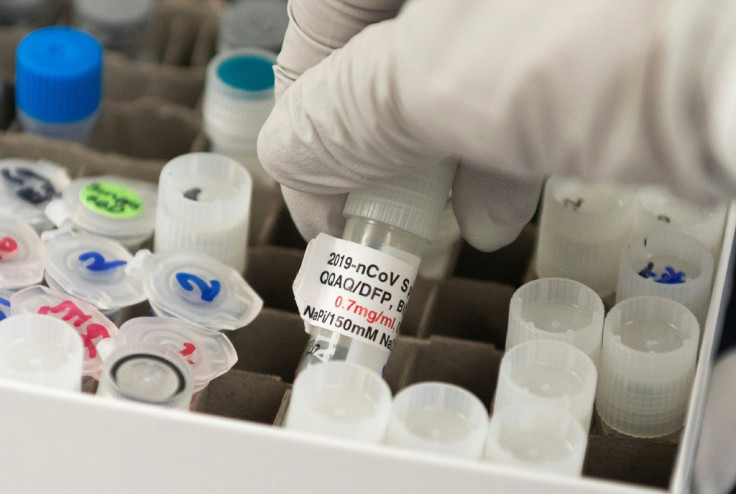Stanford researchers eyeing new COVID-19 treatment with unlikely drug candidate
Data apparently shows that interferon-lambda is specifically restricted to receptors found in the intestines, liver, and linings of the lungs.
After a few COVID-19 treatment and vaccine hopefuls were recently deemed ineffective or even unsafe, health officials move on to other potential solutions. A week ago, results from two clinical trials were purportedly promising and are awaiting approval to shift to the next phase. Earlier this week, a Maryland-based biotech announced the start of its coronavirus vaccine testing in Australia. The latest one apparently comes from Stanford Medicine and involves a drug referred to as interferon-lambda.
Unlike other medication currently being studies, the aforementioned drug is being eyed for the treatment of mild COVID-19 cases and could possibly impede transmission. The naturally occurring protein was previously used in clinical trials to treat hepatitis patients. Data apparently shows that interferon-lambda is specifically restricted to receptors found in the intestines, liver, and linings of the lungs.
Given that SARS-CoV-2 evidently targets the lungs and liver, in theory, the drug would hopefully inhibit infection. The University's School of Medicine assistant professor of infectious diseases, Dr. Prasanna Jagannathan and professor of infectious diseases and of microbiology and immunology Dr. Upinder Singh are both leading the study. Both claim that the "safety profile appears to be excellent."
Scientists at @StanfordMed are investigating whether a molecule called interferon-lambda can speed recovery time and stem viral shedding in people with mild cases of #COVID19. https://t.co/FxgvIQuDst
— Stanford University (@Stanford) May 12, 2020
Around 120 volunteers with mild cases of COVID-19 diagnosed by clinics, local hospitals, ERs, drive-thru testing centres, and Stanford Health Care will be randomly selected to receive placebos or the drug. The participants will then be closely monitored for a period of 28 days. According to Singh, "even though these individuals may not need hospitalisation, infection with COVID-19 results in respiratory symptoms and lost productivity."
He then added that "plus – and this is important – patients with mild disease contribute to community disease transmission. Limiting viral shedding from this group would reduce transmission to family members and others, which is crucial to controlling epidemic disease spread." Additionally, results from animal studies show evidence that the drug could be likewise effective against respiratory complications from SARS and influenza.

The doctors also noted that more than 80 per cent of COVID-19 patients do not require hospitalisation. Thus, they are often left with no treatment options other than to isolate and let the disease run its course.
© Copyright IBTimes 2025. All rights reserved.





















